China On the first day of cold weather, Cindy Luo wore a fleece pajama set with a hooded sweater to the office.
Cindy Luo, an interior designer in Wuhan, Hubei Province, recently posted a photo on Xiaohongshu, a social media platform, with the title “Bad Work Wear.” In the post, the 30-year-old woman said, “I just wear what I want,” and asserted that spending money to dress up for work is not worth it because “my job involves sitting all day.”
Cindy Luo is one of tens of thousands of young workers in China who proudly post pictures of themselves wearing pajamas, tracksuits, and slippers to the office. In many workplaces in the country, this look is becoming the new normal as young people increasingly prioritize comfort over high fashion .
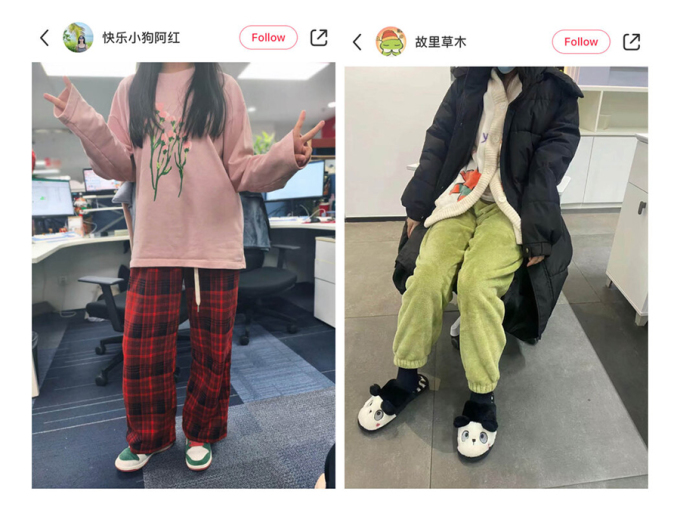
Some young Chinese people post their work outfits on the social network Xiaohongshu. Photo: NYP
The trend of wearing pajamas, also known as "bad work clothes", to the office became famous when a person named Kendou S posted a video on Douyin. Accordingly, this girl showed off her work clothes including a brown sweater with striped pajama pants, a quilted jacket, cotton slippers and a hood. Kendou S said that her superiors had repeatedly criticized her fashion as bad and asked her to dress better to maintain the company's image. However, she ignored them.
Kendou S's video quickly went viral, receiving nearly 800,000 likes and being shared 1.4 million times. The hashtag "terrible work attire" was trending on multiple Chinese social media platforms, sparking debate over whose work attire was the worst. On Weibo, a similar thread sparked controversy as many people offered reasons why today's youth are reluctant to dress up for work.
“I think it’s a progression of the times,” said Xiao Xueping, a psychologist in Beijing. The main reason, she said, is that young people today grow up in a much more tolerant environment than previous generations, and they tend to put their own feelings first. Not only that, this style also reflects the spirit of the “flat-lining” movement, in which young people want to avoid the fierce competition of previous generations for an easier, less complicated life.
According to Ms. Tieu, working from home during the pandemic has also changed the landscape of many workplaces around the world . In the US, returning to the office and working five days a week is no longer mandatory in many offices. In China, after three years of living under strict anti-epidemic measures, dressing comfortably to go to work has satisfied the criteria of "being able to do everything as you please".
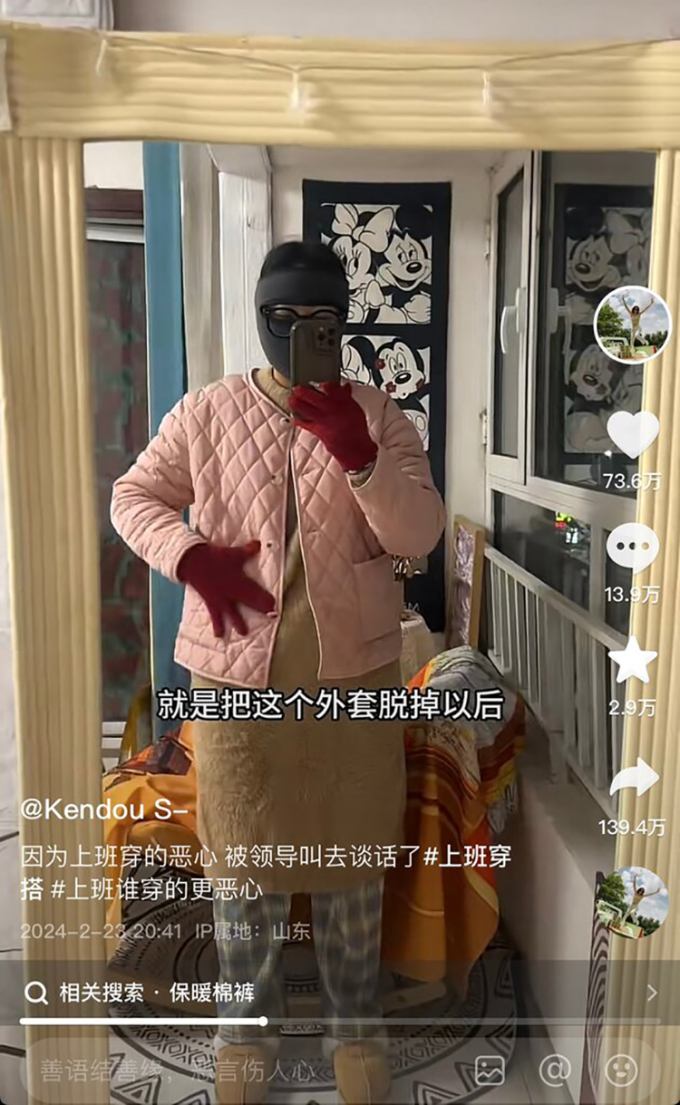
A post about work attire by a user named Kendou S on Chinese social network Douyin. Photo: NYP
Recently, a colleague of Joanna Chen, 32, a translator at a cosmetic hospital in Hangzhou, posted a photo of her in a “unusual” outfit for work. Chen was wearing a yellow jacket and a white beanie that covered her ears. She was wearing black shorts, blue striped socks, and furry loafers.
Chen said that although this outfit is not fashionable, she doesn't care because it is comfortable. The shirt was given to her by her mother and the hat is from her nephew. Chen was asked by her superiors to dress more neatly but she ignored it. After that, this girl started refusing jobs she didn't like. After the pandemic, going through lockdowns, quarantines and fear of infection, the only thing Joanna Chen wants is to live a peaceful life, whether or not she gets promoted is no longer important.
Chen said she wanted to prove that her clothing choices do not reflect her ability to work. "I don't sleep on the job even though I wear that outfit," she said.
As for Cindy Luo, who often wears pajamas to work, she said that when she wears the clothes she feels most comfortable in, her work spirit will increase.
When she first joined the company three years ago, she spent a lot of time choosing her work outfit the night before to look more mature and elegant. But now she finds this action both tiring and meaningless.
"I don't understand why I force myself to dress like that," Cindy asserted. "Dressing comfortably makes me feel much more independent."
Trang Vy (According to NYP )
Source


![[Photo] 12th grade students say goodbye at the closing ceremony, preparing to embark on a new journey](https://vphoto.vietnam.vn/thumb/1200x675/vietnam/resource/IMAGE/2025/5/28/42ac3d300d214e7b8db4a03feeed3f6a)
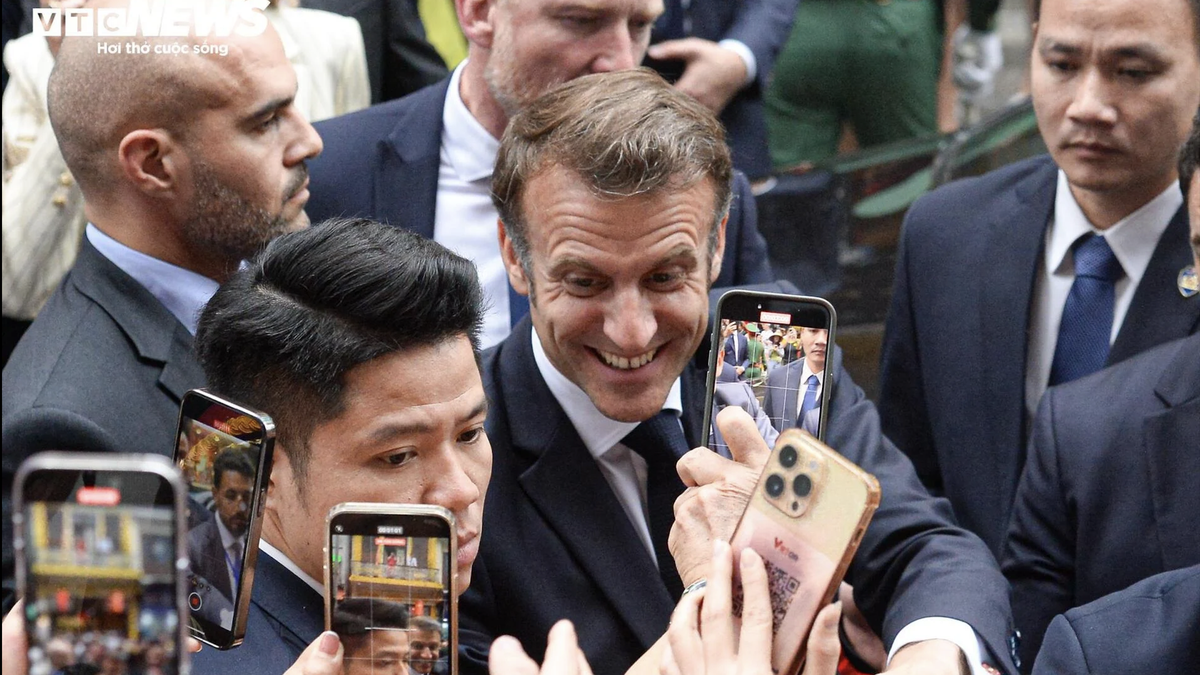
![[Photo] Prime Minister Pham Minh Chinh receives a bipartisan delegation of US House of Representatives](https://vphoto.vietnam.vn/thumb/1200x675/vietnam/resource/IMAGE/2025/5/28/468e61546b664d3f98dc75f6a3c2c880)
![[Photo] Vietnamese and Hungarian leaders attend the opening of the exhibition by photographer Bozoky Dezso](https://vphoto.vietnam.vn/thumb/1200x675/vietnam/resource/IMAGE/2025/5/28/b478be84f13042aebc74e077c4756e4b)


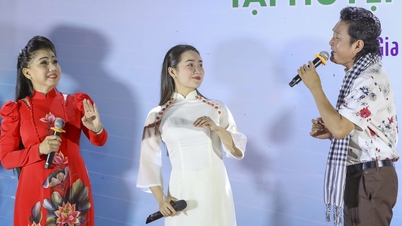

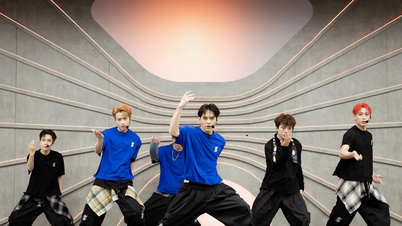

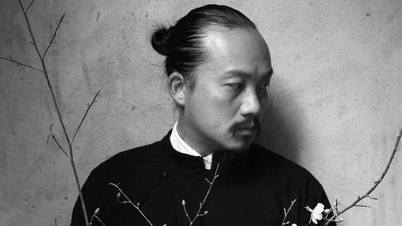




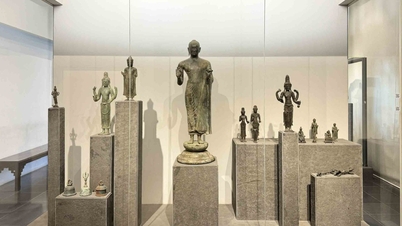










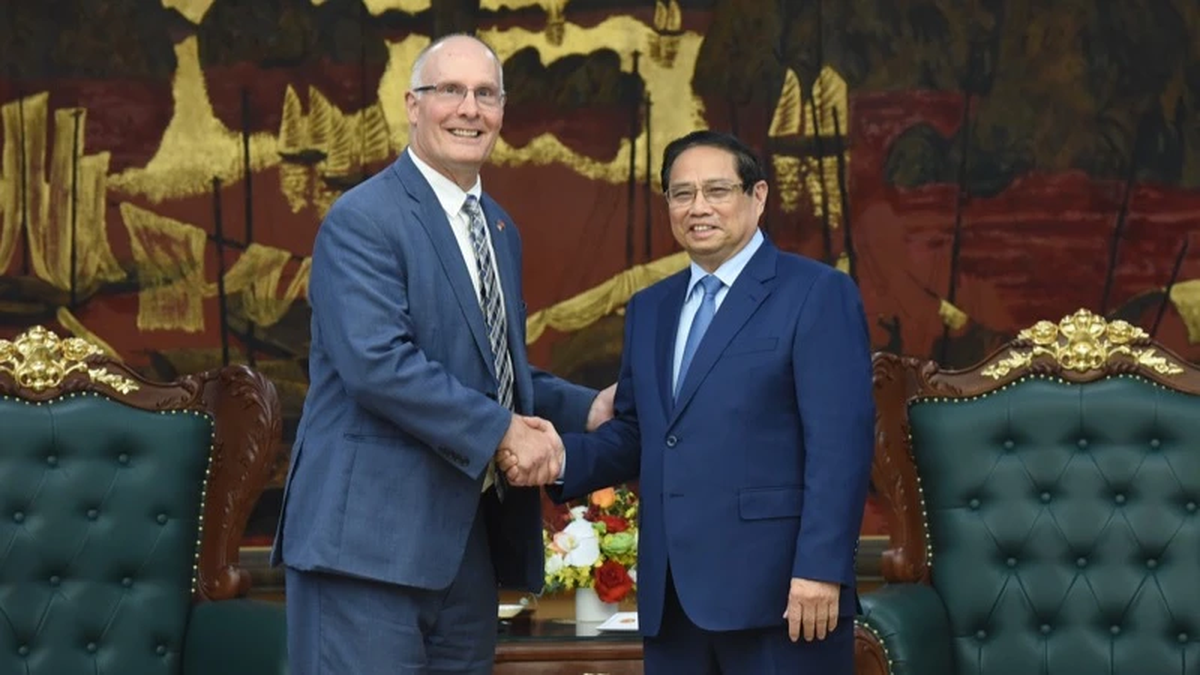





























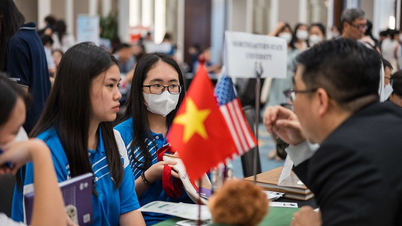









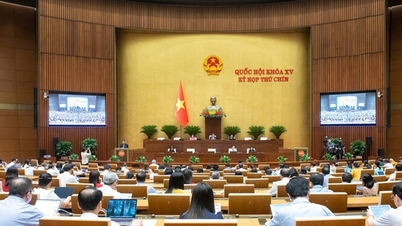








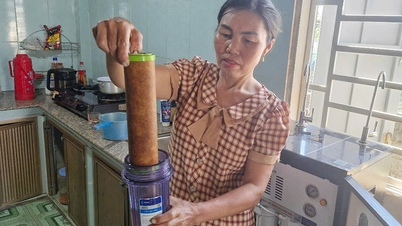



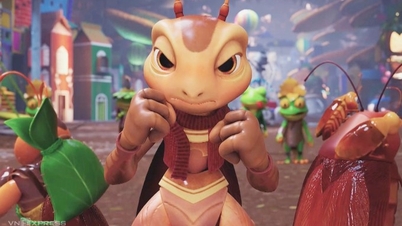

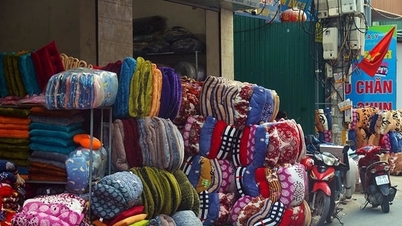

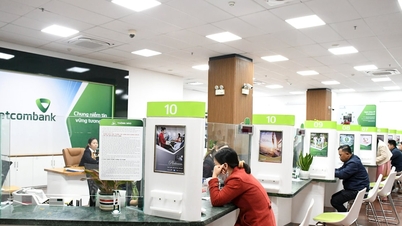









Comment (0)